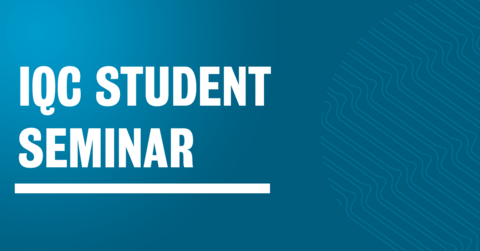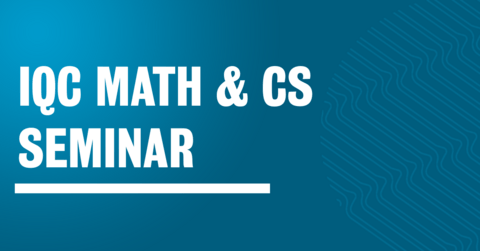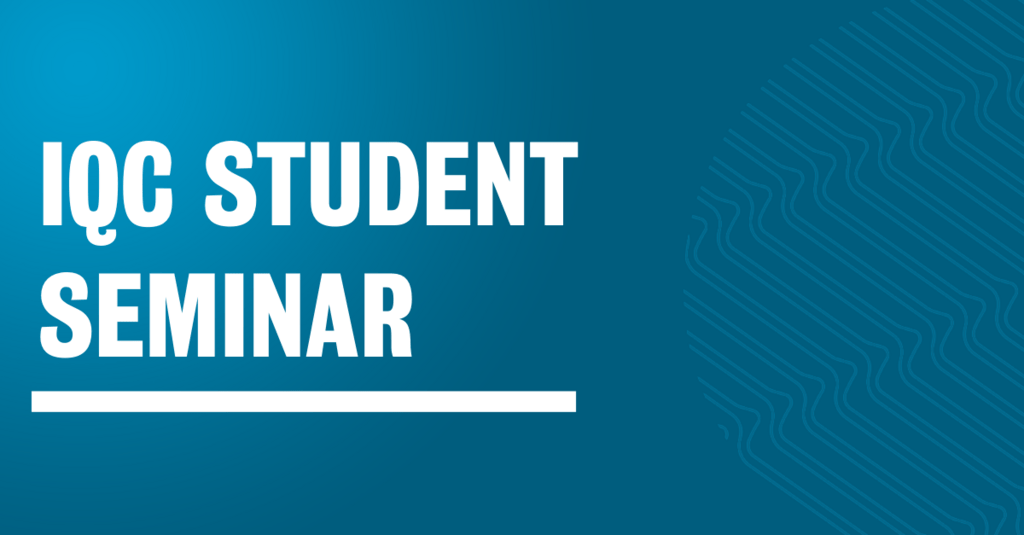IQC Student Seminar Featuring Itammar Steinberg, Weizmann Institute of Science
Entanglement distillation and DIQKD
QNC building, 200 University Ave. Room 1201, Waterloo
Quantum entanglement can be quantified in many ways, some of which bear clear operational meanings. The Distillable Entanglement and DIQKD rate are two such measures, speculated to be equivalent as stated by the Revised Peres Conjecture (Friedman and Leditzky, 21). Our research lays foundations to the conjecture’s proof, most notably using the notion of ‘private states’, a family of quantum states that arise naturally in the context of QKD. Asking questions such as “what kind of private state can be resulted from a certain DIQKD protocol?”, we were able to provide simple sufficient conditions for the Revised Peres Conjecture to hold.


